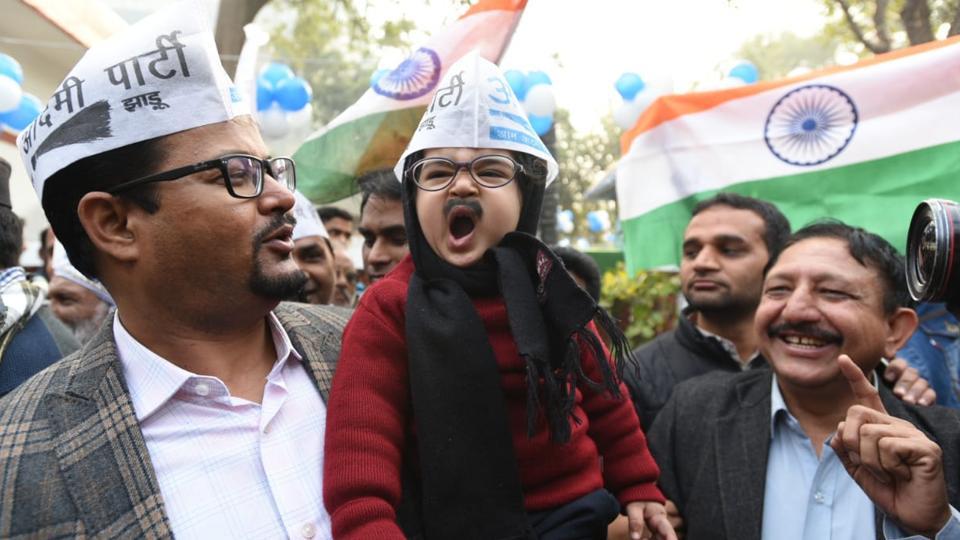The Election Commission of India is expected to recognise a political party (revived from the anti-corruption movement) as the country’s ninth national party soon.

National party
- A national party, according to the term, would be one that is present “nationally,” as opposed to a regional party, which is only present in a single state or region.
- The largest parties in India are often national parties.
- Some lesser-known parties, such as the communist parties, are nonetheless acknowledged as national parties.
- Being a national party is sometimes linked with a certain stature, but this does not always imply having significant political influence at the national level.
Political party
The following standards apply to The ECI’s Political Parties and Election Symbols, 2019 handbook:
- A 6% vote share in the most recent Assembly elections in any four states, as well as four seats in the most recent Lok Sabha elections, or 2% of all Lok Sabha seats in the most recent such election, with MPs elected from at least three states, or recognition as a state party in at least four states, are requirements for recognition as a national party.
One of five requirements must be met in order for an entity to be recognised as a STATE PARTY:
- Two seats plus 6% of the vote in the state’s most recent Assembly election; one seat plus 6% of the vote in the state’s most recent Lok Sabha election; 3% of all Assembly seats or three seats, whichever is higher; one of every 25 Lok Sabha seats (or an equivalent fraction) from a state; or an 8% vote share in the state’s most recent Lok Sabha or Assembly elections.
Rewards for parties who are acknowledged
- The Commission’s requirements outlined in the 1968 Election Symbols (Reservation and Allotment) Order must be met in order for this to occur.
(a) Reserved Sybol
- A party that has received recognition as a “state party” is entitled to the exclusive assignment of its reserved symbol to the candidates it has nominated in the state where it has received such recognition.
- A party is entitled to the exclusive allotment of its reserved symbol to the candidates it has put out throughout India if it is recognised as a “national party.”
(b) Proposer for nomination
- The nomination can be filed by recognised “state” and “national” parties with just one proposer.
(c) Campaigning benefits
- During the general elections, they are also allowed to free access to two sets of electoral rolls as well as broadcasting and telecasting services on the privately held Doordarshan and Akashvani.
